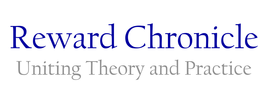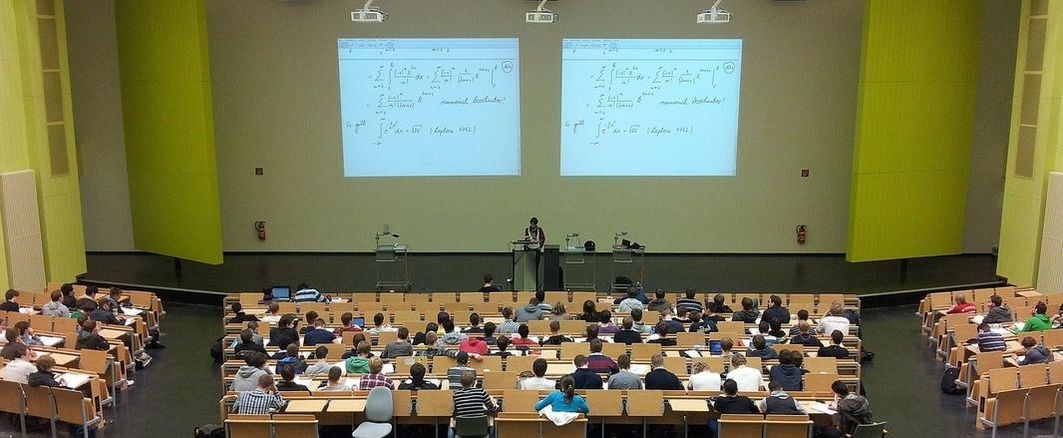|
Performance-based incentive systems are becoming increasingly prevalent for academics in universities globally. A Korean study assessed the success of such a system over a nine-year period and found that increased financial rewards led to increases in both the quality and quantity of work by university academics.
Key Topics: Pay for performance; Incentives; Academics
Title of Reviewed Article: How Do Scientists Respond to Performance-Based Incentives? Evidence from South Korea
Researchers: Do Han Kim and Hee-Je Bak (Kyung Hee University) Publication: International Public Management Journal, 2016, Vol. 19 No. 1, pp. 31-52. __________________________________________________________________________ Setting the Scene In recent decades, competition globally amongst universities has increased, which has led to more universities looking to drive publication related performance of academic staff through financial rewards (e.g. Heinrich & Marschke, 2010). Such changes in reward structures are particularly prevalent in European and Asian universities, as similar policies have been common in North American universities for some time (Franzoni, Scellato, & Stephan, 2011). These performance related pay structures are borne out of the assumption that academics are motivated by financial reward in much the same way as non-academic individuals, and that performance can be improved through reward. Despite this increasing prevalence, research on the success of such interventions has been somewhat inconclusive (Frey 1997; Heinrich & Marschke, 2010). Some have suggested that as academics are typically highly autonomous and intrinsically motivated, external monetary incentives might be seen as a threat to this autonomy and ineffective (Andersen & Pallesen, 2008; Vandenabeele, 2007). It has also been argued that scientists are focused on intellectual pursuits and are largely indifferent to monetary interests (e.g. Ziman, 2000). On the other hand, some studies suggest that monetary incentives are an important element in stimulating scientific research activities (Stephan, 2012), and cite the fact that academics pursuit peer recognition as evidence that they look to obtain power which can then be transformed to material resources (e.g. Stephan, 2012). This study sought to establish, in a Korean context, if financial incentives can be used to increase the performance of university academic staff, specifically as it relates to the increasing the quantity and quality of research publications. How the research was conducted This study collected data from a single South Korean university on 1,052 tenured and untenured academic faculty members from the fields of science, engineering, and medicine. Data was collected between 2004 and 2012. To measure financial incentives, both quantity-based and a quality-based incentives were used and accessed. Cash rewards were given based on publication quality, and these rewards were paid per published article. To measure this publication quality, journals’ impact factors were used. The researchers examined the size of financial incentives provided by the university over the study period against the quantity and quality of publications. Key Research Findings On average, study participants published 0.67 articles per year, with an average journal impact factor of 2.13. Increases in rewards offered were found to lead to increases in publication volume as well as in the quality of the publications. Various increases in the level of cash bonuses between 2004 and 2012, were met with a similar proportional increase in the number of publications by tenured staff, while publications by untenured rose more sharply. Results Commentary The study findings indicate a rise in both the quality and quantity of research output by academics in response to financial rewards, suggesting that such rewards are an effective way of encouraging academic researchers to publish more and higher quality papers. This is consistent with prior research which demonstrated that offering financial rewards can lead to greater performance by scientists (Butler 2003; Franzoni, Scellato, & Stephan 2011). The researchers posit that the positive effect of financial rewards on performance may in part be a result of these rewards being offered in addition to base salary, and so the participants were more likely to view these rewards as supportive rather than as a controlling mechanism, and therefore in a positive light, which is consistent with prior research (Andersen & Pellesen, 2008) The results also suggest that financial rewards can have different effects on different sub groups. There were varying positive effects of reward on tenured and untenured participants for example, and academics also indicated in post study interviews that they viewed the rewards as positive and impactful on performance for various reasons. Organizational and Reward Implications The findings of this research demonstrate that financial rewards can be an effective tool from driving performance of academics, and as illustrated by the results, as the value of rewards offered increases, so too does performance. This study should be of particular interest to those charged with motivating scientific and academic employees and gives a roadmap for a demonstrably effective reward structure. Practitioners should be mindful however that groups can react differently to such rewards, and caution must be taken in developing a reward structure so as to take these nuances into account. Final Thoughts This study provides valuable insights into rewarding academics for improved performance in quality and quantity of work. This study is particularly relevant in the Korean context, but can also be generalized more widely, with necessary caution. Further similar studies in other countries would be worthwhile in developing the ideas from this study in a broader context. __________________________________________________________________________ Source Article: Kim, D. H., & Bak, H. (2016). How Do Scientists Respond to Performance-Based Incentives? Evidence From South Korea. International Public Management Journal,19(1), 31-52. Published by: Routledge / Taylor & Francis Group For further details and access to the full journal article Click Here (subscription or payment may be required). __________________________________________________________________________ References: Andersen, L. B., & Pallesen. T. (2008). ‘Not Just for the Money?’ How Financial Incentives Affect the Number of Publications at Danish Research Institution. International Public Management Journal, 11(1), 28–47. Butler, L. (2003). Explaining Australia’s Increased Share of ISI Publications—The Effects of a Funding Formula Based on Publication Counts. Research Policy 32(1), 143–155. Franzoni, C., Scellato, G., & Stephan, P. (2011). Changing Incentives to Publish. Science, 333(6043), 702–703. Frey, B. S. (1997). Not Just for the Money: An Economic Theory of Personal Motivation. Cheltenham, UK: Edward Elgar Publishing. Heinrich, C., & Marschke, G. (2010). Incentives and their Dynamics in Public Sector Performance Management System. Journal of Policy Analysis and Management, 29(1), 183–208. Stephan, P. (2012). How Economics Shapes Science. Cambridge, MA: Harvard University Press. Vandenabeele, W. (2007). Toward Public Administration Theory of Public Service Motivation: An Institutional Approach. Public Management Review, 9(4), 545–556. Ziman, J. (2000). Real Science: What it is, and What it Means. Cambridge, UK: Cambridge University Press. Comments are closed.
|





